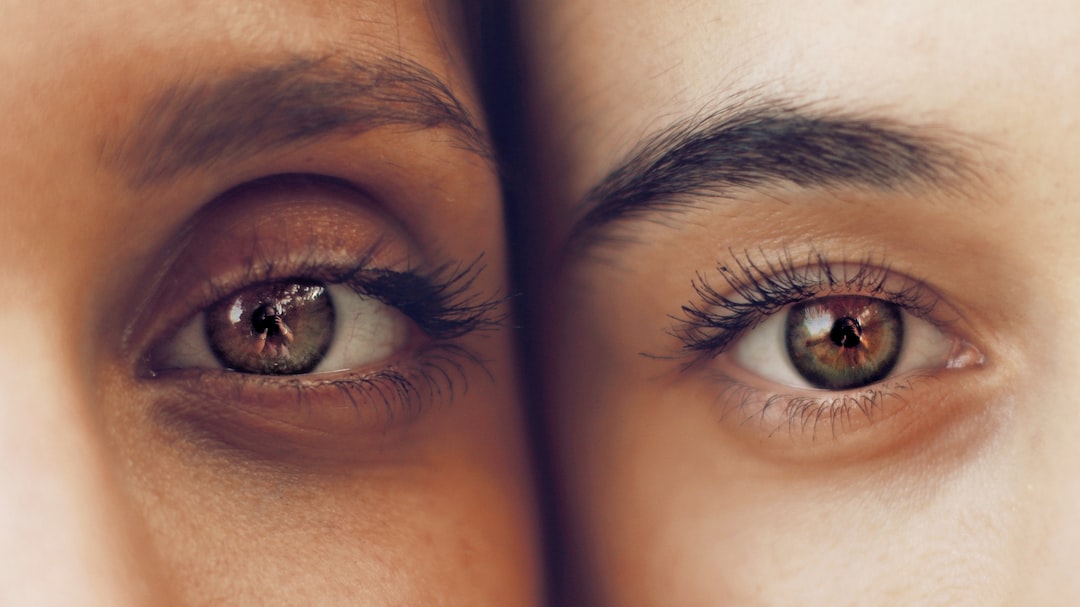The Science behind Anti-Aging Skincare: Separating Fact from Fiction
In today’s age-obsessed society, it seems like everyone is on a quest to reverse the clock and achieve youthful, glowing skin. With countless anti-aging products flooding the market, it can be challenging to navigate through the noise and decipher which claims are backed by science and which are mere marketing tactics. In this blog post, we will dive into the science behind anti-aging skincare, separating fact from fiction.
One common myth surrounding anti-aging skincare is that it is an overnight miracle. The truth, however, is that the aging process happens gradually over time. Our skin undergoes changes at a cellular level, such as decreased collagen production and slower cell turnover, which lead to visible signs of aging. While skincare products can help improve the appearance of aging skin, expecting immediate results is unrealistic.
To better understand the science behind anti-aging skincare, let’s focus on two key ingredients commonly found in these products: retinol and hyaluronic acid.
Retinol, a derivative of vitamin A, is often referred to as the gold standard in anti-aging skincare. It is scientifically proven to stimulate collagen production, increase cell turnover, and reduce the appearance of fine lines and wrinkles. Retinol works by binding to specific receptors in the skin, which triggers a series of cellular processes that promote skin rejuvenation. However, it is important to note that retinol can cause skin sensitivity, especially in the initial stages of its usage. It is advisable to start with a low concentration and gradually increase it over time to allow the skin to adjust.
Another popular ingredient in anti-aging skincare products is hyaluronic acid. Contrary to the name, hyaluronic acid is actually a sugar molecule naturally found in our skin. It has a unique capacity to retain moisture, holding up to 1000 times its weight in water. As we age, the natural production of hyaluronic acid decreases, leading to loss of skin elasticity and moisture. Incorporating hyaluronic acid in skincare products can help replenish the skin’s moisture levels, resulting in plumper, more youthful-looking skin.
While these ingredients have scientific support, it is important to consider the concentration and formulation of the products one uses. Skincare formulations can significantly impact the effectiveness of active ingredients. For instance, packaging and storing retinol in clear containers or exposing it to sunlight can deteriorate its potency. To ensure maximum efficacy, it is advisable to choose products that are packaged in opaque, airtight containers to minimize ingredient degradation.
Aside from specific ingredients, several lifestyle factors can also influence the aging process and the efficacy of anti-aging skincare products. A healthy lifestyle that includes a balanced diet, regular exercise, adequate sleep, and sun protection can contribute to overall skin health. A well-hydrated skin, both from the inside and outside, is more likely to retain its youthful appearance.
In conclusion, the science behind anti-aging skincare is not merely a marketing gimmick. Ingredients like retinol and hyaluronic acid have scientific evidence to support their effectiveness in promoting skin rejuvenation. However, it is crucial to manage our expectations and understand that achieving visible results takes time and consistent use. Choosing the right products, formulated with effective concentrations of active ingredients, and adopting a holistic approach to skincare can help us separate fact from fiction in the world of anti-aging skincare.
